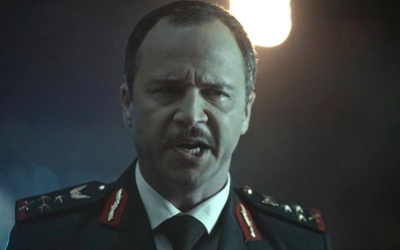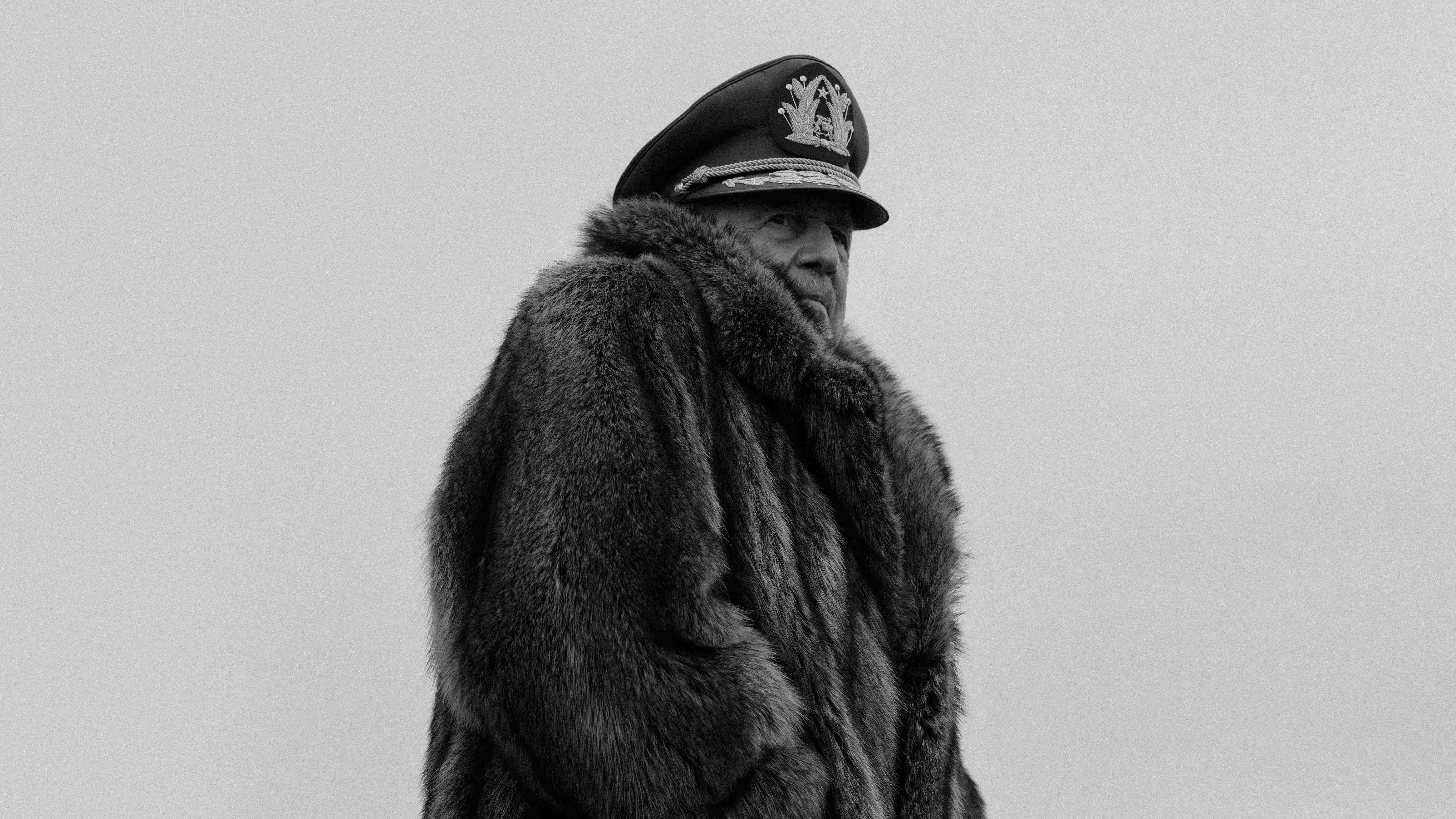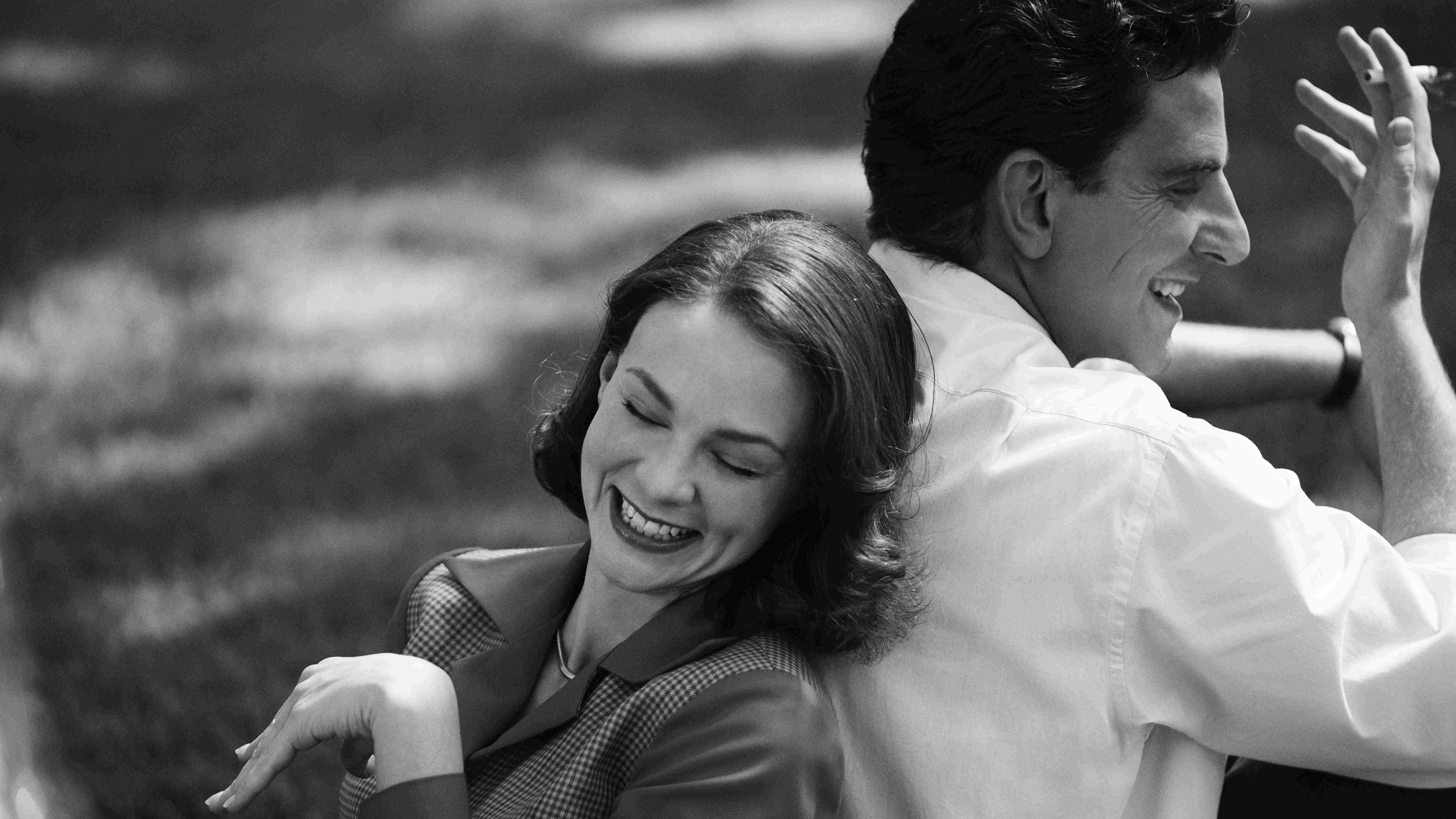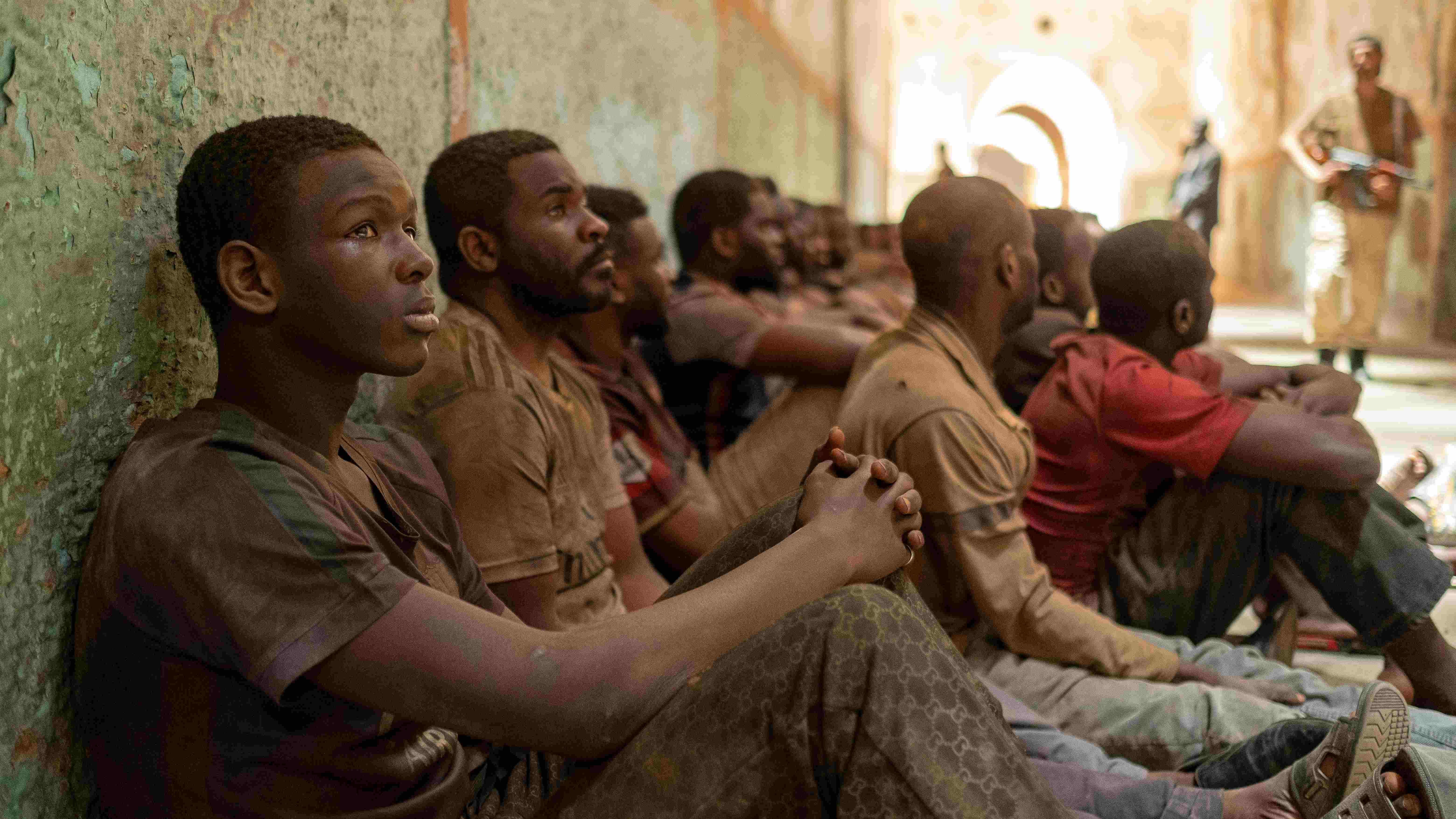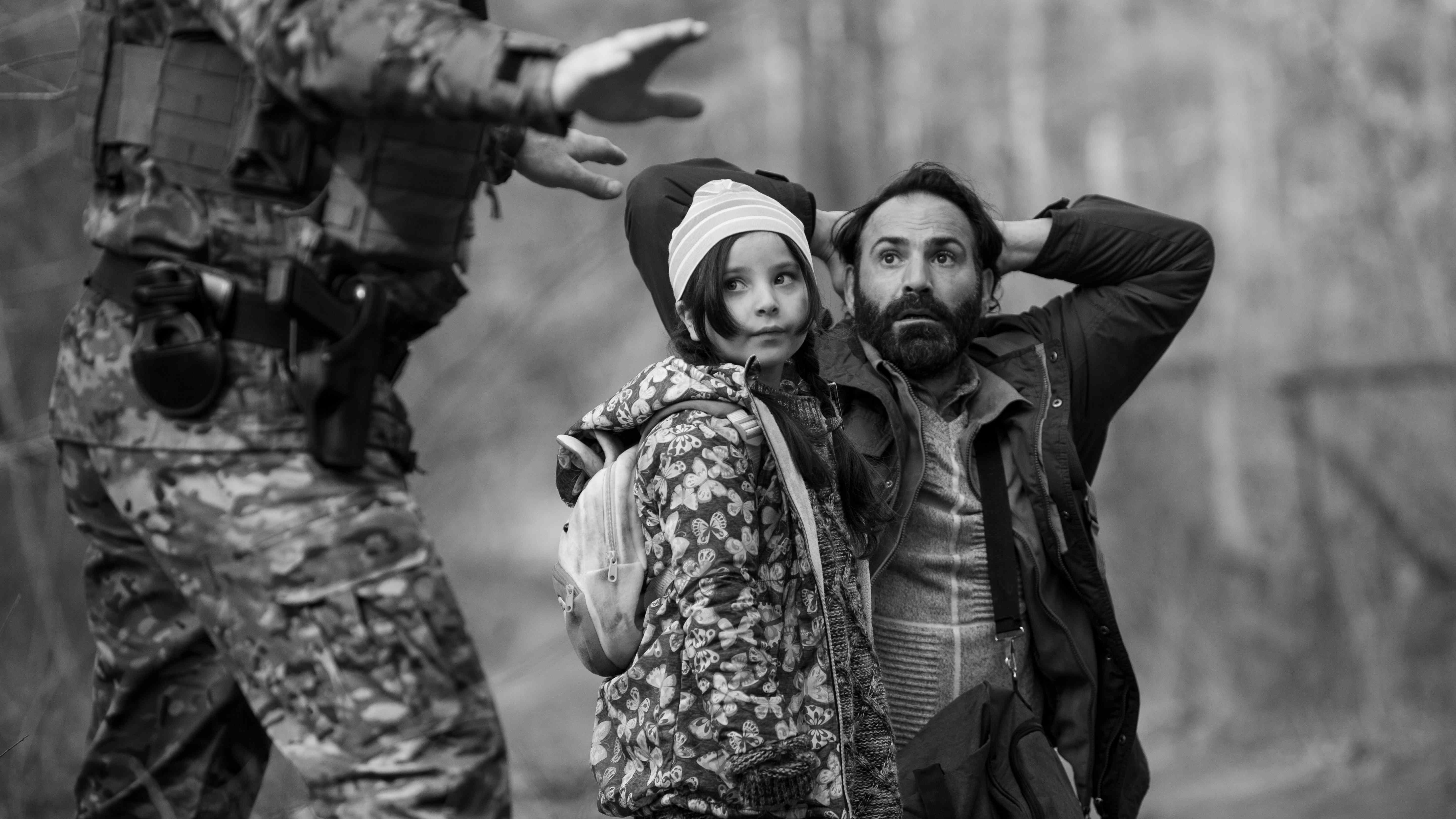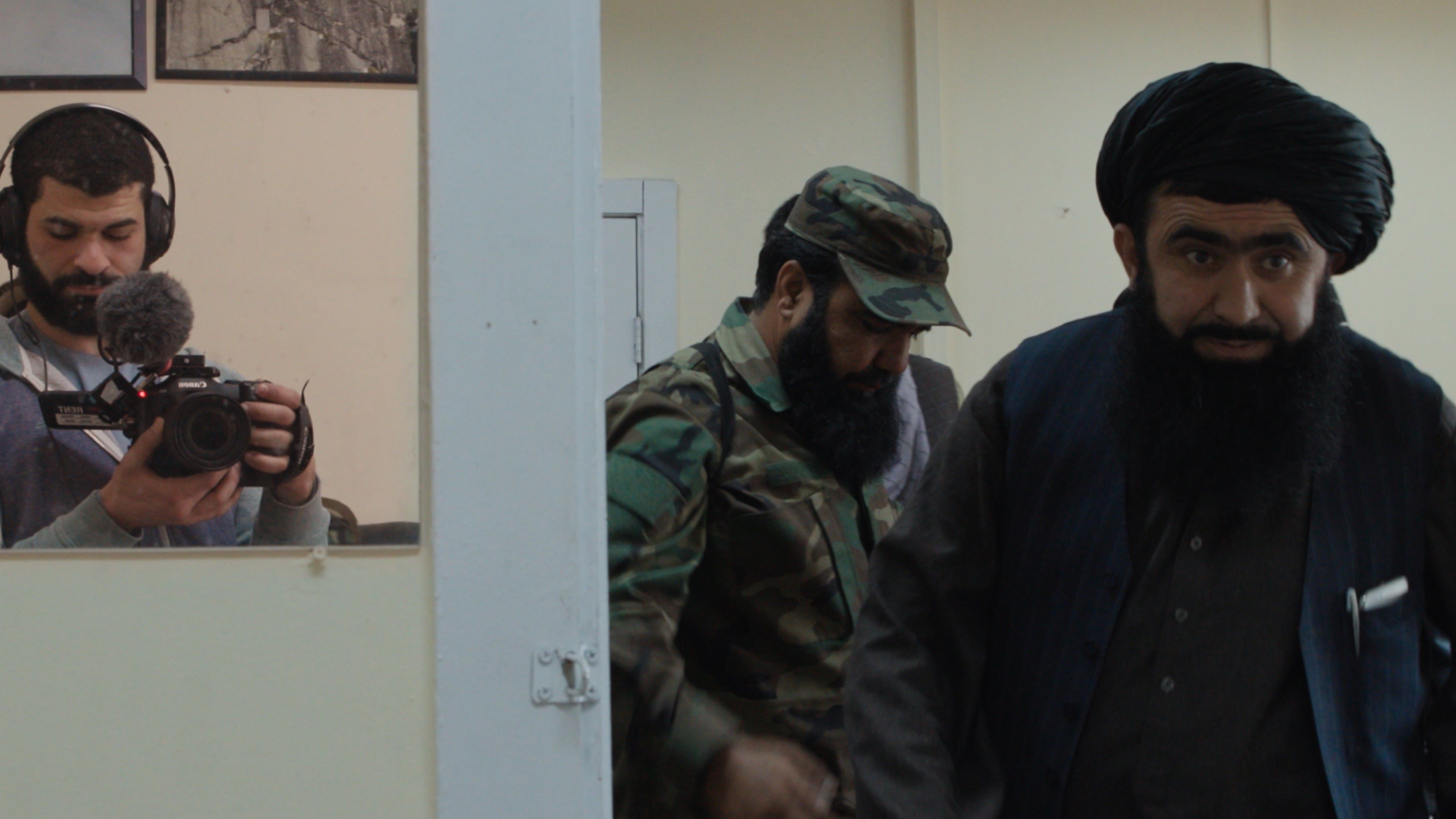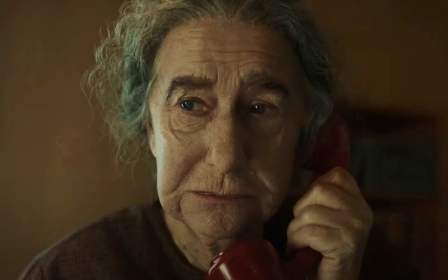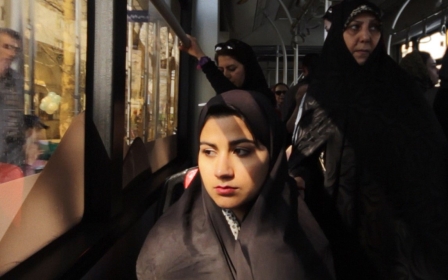Venice film festival: Daring political films show what Middle East cinema is lacking
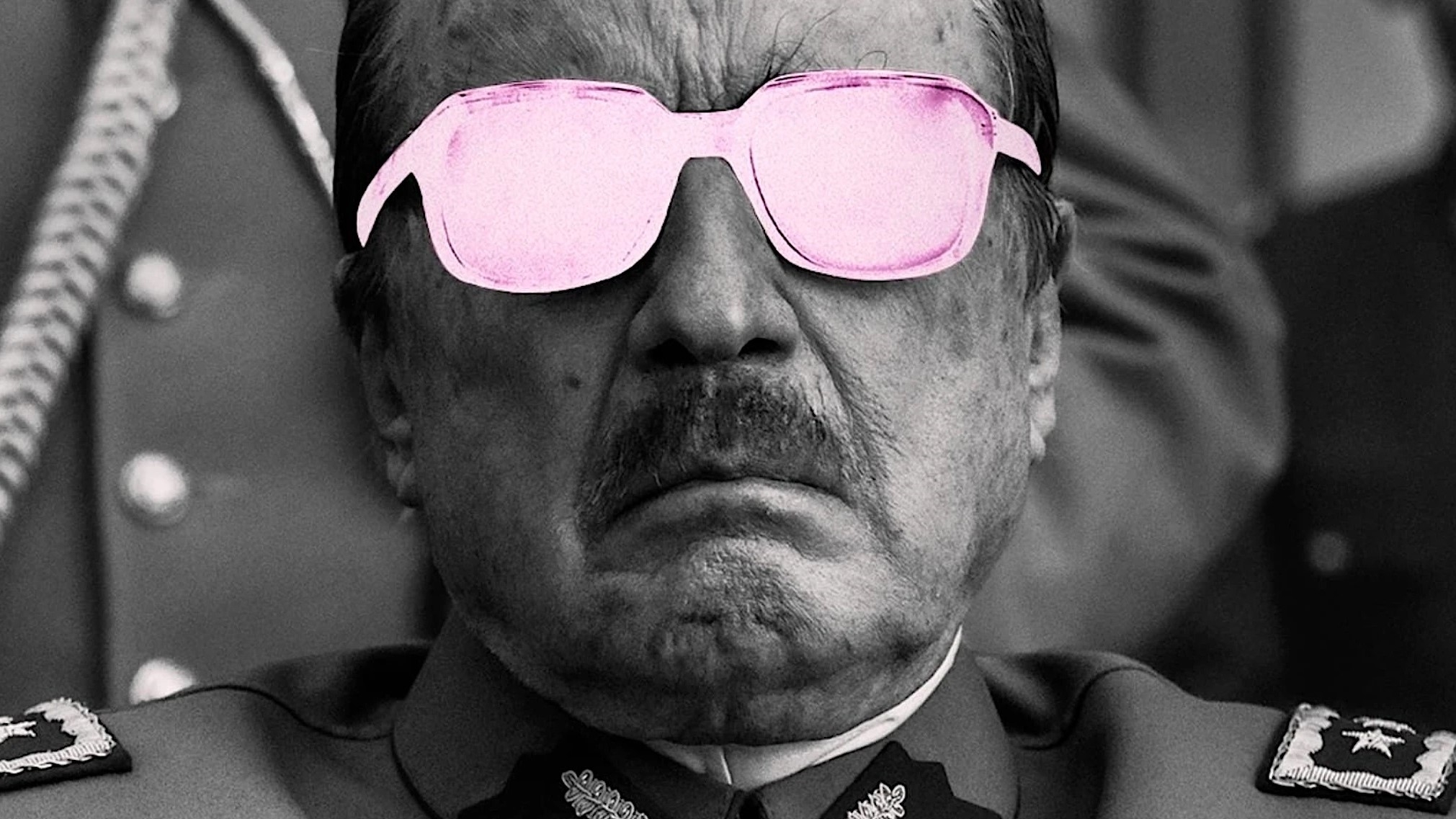
Can a film festival succeed without star power? That’s the conundrum the 80th Venice Film Festival faced amid the ongoing Screen Actors Guild strike, which prohibits members from promoting any work produced by Hollywood corporations.
Over the past decade, Venice has become the European launchpad for the awards season.
Star power is a major attraction for Venice, which is why this year’s edition has been rather atypical.
Adam Driver with the independently financed Ferrari, Jessica Chastain with Mexican co-production Memory, and Mads Mikkelsen with Danish epic The Promised Land were among the few notable stars who made it to the Mostra’s red carpet – a far cry from previous years.
The resulting vacuum predictably led to a better festival, directing attention to the actual films, and the artists behind the camera.
New MEE newsletter: Jerusalem Dispatch
Sign up to get the latest insights and analysis on Israel-Palestine, alongside Turkey Unpacked and other MEE newsletters
While Hollywood and Netflix continued to dominate this year’s edition, Venice ’80 was more diverse, and arguably more political, than previous years.
There was no shortage of Middle Eastern films in this year’s stellar lineup, yet some of the less obvious international fares also offered plenty of food for thought in relation to the region.
Poor Things, the latest magnum opus by Oscar-nominated Greek filmmaker Yorgos Lanthimos (The Lobster), was easily the standout picture and the well-deserved winner of the Golden Lion prize for best film – a phantasmagoric black comedy about the feminist evolution of Bella Baxter (a towering Emma Stone), a young woman brought from dead by a sympathetic mad scientist she calls God (Willem Dafoe).
The most recognisable link to the Middle East is Egyptian-American comedian Ramy Youssef who, in his first major role in cinema, stars as Max McCandles, Bella’s hapless fiance and the scientist’s aide who emerges as the rational, progressive male figure in the story.
Youssef does what Youssef does, offering the same brand of awkward humor that informs his Hulu TV series.
Adapted from the 1992 novel by Scottish writer Alasdair Gray, the focus of the film is Bella’s sexual curiosity which is met by hostility and revulsion by her Victorian-inspired society.
Bella has lived in the shadow of controlling men, who constantly frame her in within the Freudian Madonna–whore complex.
Sex becomes her primary tool for enlightenment - her life includes a lengthy spell at a brothel - and it becomes a means not only to know herself but also to learn about the alien world of men to which she is expected to blindly conform.
Lanthimos casually quotes Ralph Waldo Emerson on his theory of individualism, takes a swipe at Hobbes’ notion of social conditioning, and contemplates the moral responsibility of social change and the cost of freedom.
Above all, Poor Things is about female agency: the right for women to do and explore whatever they wish with their bodies.
Given the widespread backlash Barbie received in the region, Poor Things represents everything the Arab patriarchy abhors. The film will not be given a wide release due to its frank sex scenes and serious philosophical discourse and will either be heavily censored or outright banned in most of the region.
But the brilliance of Poor Things pinpoints the regressive state the region is in, simultaneously demonstrating the narrow Arab parameters cinema continues to operate within and what it’s missing, both intellectually and aesthetically.
Depicting a dictator
Another film that feels like an inspiration for what Arab filmmakers can realise is El Conde, the latest creation by Chilean maverick Pablo Larrain, whose career is largely made of biting commentary on the legacy of Augusto Pinochet.
In his most surreal work to date, El Conde (available on Netflix) imagines the deceased dictator as a 250-year-old vampire surrounded by a clan of greedy children striving to keep him alive in order to unearth his hidden fortune.
Larrain does not delve into the roots of evil, nor does he offer psychological insight into the Machiavellianism of dictatorship.
Pinochet comes off as a vain, ambivalent old man whose sole preoccupation is how he has been framed as a thief who made a fortune out of robbing his people. He shows no remorse over the bloodshed he causes. Vampiric autocracy and murder, Larrain indicates, is an inherent part of his nature.
El Conde is an allegory for all stories of conceited tyrants with no self-awareness - a member of a club, to which most Middle Eastern leaders also could belong. And despite its ideological thinness, it is undeniably cathartic to see Pinochet relegated to his bare essence, stripped of his powers, and reduced to nothing more than a pathetic creature leading an obsolete existence.
Pinochet could easily be any Middle Eastern autocrat: Assad, Sisi, et al; a dishonorable clan of bloodsuckers who have not received the comeuppance they deserve.
No past Arab leader has been depicted in such a disparaging fashion in cinema, not even King Hassan II of Morocco, or Nasser, whose legacies have been heavily scrutinised after their death.
But, for now, the level of utter ridicule and contempt Larrain shows towards the most brutal of all Chilean leaders remains out of reach for Middle Eastern filmmakers.
Avoiding the Palestine question
Ostensibly, Bradley Cooper’s Maestro contains content related to Middle Eastern politics, but it’s what it doesn't film that speaks volumes about Hollywood’s convoluted relationship with the region.
Premiering on Netflix in December, Cooper’s sophomore directorial effort and the follow-up to 2018’s A Star is Born is a handsomely made, gorgeously lensed biopic of Leonard Bernstein, the legendary American conductor, and composer, widely known for his scores for On the Waterfront and West Side Story.
Cooper predictably focuses on Bernstein’s relationship with his wife Felicia in light of his sexuality.
As numerous critics have pointed out, his art takes a backseat to domestic drama, resulting in a somewhat formulaic, if visually sumptuous, picture.
Bernstein’s relationship with Israel is also swept under the rug. Born to Ukrainian Jewish emigres, Bernstein was a loyal supporter of the country, touring and performing in the Zionist state numerous times.
Those visits included one in November 1948, the year of the Nakba, and also after the 1967 war.
His performance on Mount Scopus, to celebrate Israel’s victory, was the subject of a documentary feature titled A Journey to Jerusalem, released the same year.
Admittedly, Bernstein’s devotion to Israel was rooted in his Jewish heritage, rather than from a hostility towards the Palestinian cause. Yet he never criticised Israel, even when its racist and reproachable treatment of Palestinians became apparent to the world. He never defended the Palestinian cause, nor did he, at any stage, acknowledge Palestinian suffering.
But politics is not Cooper or Hollywood’s concern and unsurprisingly, Bernstein’s contentious political stance is totally overlooked in favour of a focus on his marital rift.
Depicting a Libyan wasteland
A number of competition films tackled the Middle East directly, albeit from the habitual angle of illegal migration. In Io capitano – winner of best direction – Italian helmer Matteo Garrone (Gomorrah) conjures up an epic odyssey centering on 16-year-old Senegalese Seydou (Seydou Sarr, winner of the best young actor award) as he makes his way from Dakar to Italy.
Implausibly naive but with a determination of steel and a heart of gold, Seydou is swindled and manipulated by various conmen along the way, the most vicious of which are the ones he encounters in Libya, the gateway to Italy.
Garrone swarms his picture with details about Seydou’s nightmarish journey, although there’s little that has not been seen before, except for the segment in Libya – depicted as a lawless wasteland governed by mercenaries, mafias, and shady businessmen.
The lawlessness of the film's Libya mirrors the absence of tangible institutionality responsible for the catastrophe of Storm Daniel.
The brief snapshot of Tripoli shows a city teeming with African faces coerced into servitude: a disfigured metropolis devoid of justice and compassion.
This is possibly the starkest portrait of Libya that has been seen on film, revealing that what Africans endure in Libya is no different from what Arabs experience on Europe’s borders.
Despite its predictability and over-simplified narrative, which bears close resemblance to Jonas Carpignano’s grittier Mediterranea (2015), Io capitano’s win is politically significant in the face of Giorgia Meloni’s migrant crackdown and rising anti-migrant rhetoric in Italy.
Refugee crisis
More ambitious and more multi-layered was veteran Polish filmmaker Agnieszka Holland’s Green Border, which earned the Special Jury Prize.
Set on the Polish-Belarusian border in 2021, Holland chronicles the refugee crisis from different perspectives.
The refugees include a Syrian family fleeing the Islamic State group and striving to reunite with their relatives in Sweden; an Afghan English teacher escaping the newly-reinstated Taliban, as well as Polish border guards and activists.
For viewers familiar with refugee films, the first part of the film offers little new: the stories of the Syrians and Afghans are exceedingly familiar, and one character even admits that the “world has been watching our stories for 10 years and did nothing."
What gives the film its urgency and depth is both its little-known milieu and, surprisingly, its rich Polish characters.
The Polish-Belarusian border is a no man’s land, a purgatory of sorts, where refugees are abused and exploited, trapped between Belarusian despot Lukashenko who is adamant about using them to provoke his European neighbours, and the Polish authorities who don’t want them.
The Middle Eastern refugees are rendered as nothing more than pawns in a game between two right-wing governments hostile to foreigners.
By expanding her focus beyond the oft-chronicled direct experience of the refugees, Holland unearths a number of subjects few filmmakers have cared to tackle: the banality of the guards’ idle evil and the psychological weight of their callous work on their equally banal existence; the emotional vacuum the activists seek to fill with their volunteering work; and the moral cost of inaction experienced by the enlightened few.
What makes an activist an activist? Is it a humanistic impulse for utility or a covert desire to acquire a sense of purpose? How malevolent is the guards’ inability to defy the corrupt orders they’ve given?
Holland offers plenty of food for thought and the result is one of the most heartening, most perceptive refugee stories in recent years. With the upcoming Polish parliamentary elections expected to be swept by right-wing politicians, Green Border is all the more important.
Justice Minister Zbigniew Ziobro's comparison of the movie to the “Third Reich’s propaganda films” is a testament to the film’s power and potential to influence part of the forthcoming voting.
The return of the Taliban
Both Green Border and Io capitano contain their fair share of horrors, but no film in Venice was as unsettling and enraging as Hollywoodgate, Egyptian Ibrahim Nash'at’s documentary about the immediate aftermath of the American troops' pull-out from Afghanistan in 2021.
Primarily focused on the perspective of air force commander Malawi Mansour and foot soldier M. J. Mukhtar, Nash'at received unprecedented access to the Taliban’s reconquest of Afghanistan.
A journalist with Deutsche Welle and Al-Jazeera, Nash'at began shooting on 31 August 2021, the day after the grand evacuation.
What he eventually found was chilling in its expectedness, nothing but unabashed monstrosity that may have been deemed outlandish had it been presented in fiction.
Showing no restraint in their suspicion of - and antagonism towards - Nash'at his presence, Taliban personnel use his camera to advertise their gung-ho war propaganda: their limitless strength; their lust for world domination; their unbending extremist doctrine.
The soldiers do not attempt to conceal their contempt for women; their hatred of the West; and their desire to kill as many American soldiers as they can.
There’s a single message the Taliban wish the world to know: they want to intimidate the Western World from ever intervening in their hard-won territory.
As such, it quickly becomes obvious that there’s more to the Islamic Emirate of Afghanistan than what Nash'at is allowed to see.
Mansour and Mukhtar as characters are indistinguishable from one another: both emerge as nothing more than robotic speakers for the Taliban.
The picture shown to Nash'at is certainly incomplete, possibly distorted even. And as a result, Hollywoodgate is more important as a document of the post-evacuation period, than as a work of great cinema, and raises more questions than definite answers.
But what is unquestionable is that the American pull-out allowed the Taliban to destroy all the democratic gains achieved by the country and left the armed movement with more than $7bn worth of military equipment to solidify their rule - and threaten nearby nations.
Mansour casually entertains the possibility of invading Uzbekistan in one scene.
More than an incisive investigation of Taliban rule, Hollywoodgate is a contemplative snapshot of the ashes left behind by an America that can no longer claim to be the leader of the free world.
Middle East Eye delivers independent and unrivalled coverage and analysis of the Middle East, North Africa and beyond. To learn more about republishing this content and the associated fees, please fill out this form. More about MEE can be found here.


